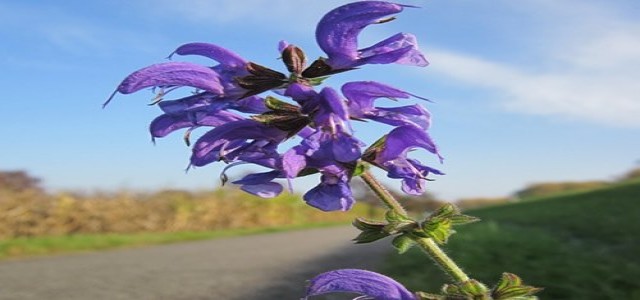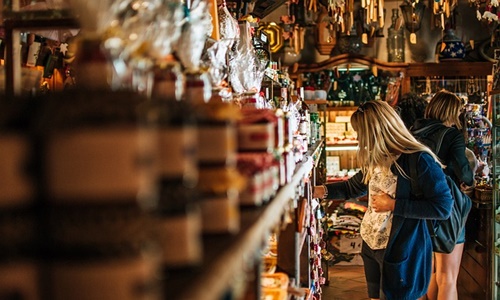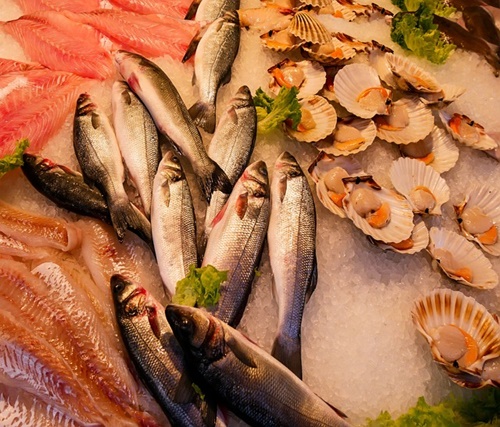
CJ Selecta, Imcopa, and Caramuru have reportedly committed to reaching the net-zero deforestation target in their respective supply chains to drive environmental commitments.
This commitment of the three Brazilian soy crushers is the 1st of its kind for the soy producers in the region, putting high pressure on the larger traders such as Bunge and Cargill. As per reliable statistics, these large soy traders exported 5.6 million tons of soymeal, representing 23% of the total exported soymeal in 2020.
The net-zero deforestation pledge includes a trading ban on soy grown on deforested land since August 2020 in Brazil, which goes beyond the previous agreements entered among traders that applied to only the Amazon rainforest.
According to Patricia Sugui, sustainability manager of CJ Selecta, the company, along with Imcopa and Caramuru, have a strong intention to promote soy sustainability in a bid to immediately curb deforestation from the supply chains and cater to the demand from the civil society.
Cargill has reportedly appreciated the latest environmental initiative taken by Imcopa, CJ Selecta, and Caramuru to safeguard the Brazilian wildlife and environment outside the salmon value chain. Moreover, Bunge also has cited that it has committed to eradicate legal deforestation from all the company’s supply chains by 2025, which is the earliest deadline set in the industry.
In December 2020, Abiove, an oilseeds crushers’ group in Brazil, stated that it was not feasible to set 2020 as the cut-off year to ban deforestation and land conversion to produce soybean in the Cerrado savanna. The company did not reply to requests for comments on the recent announcement.
In order to enforce the commitment, Caramuru is planning to adopt satellite and government data. Sources have added that the move will result in sourcing soy for the entire European salmon sector from the Brazilian suppliers whose value chains are deforestation-free.
Source credit:








